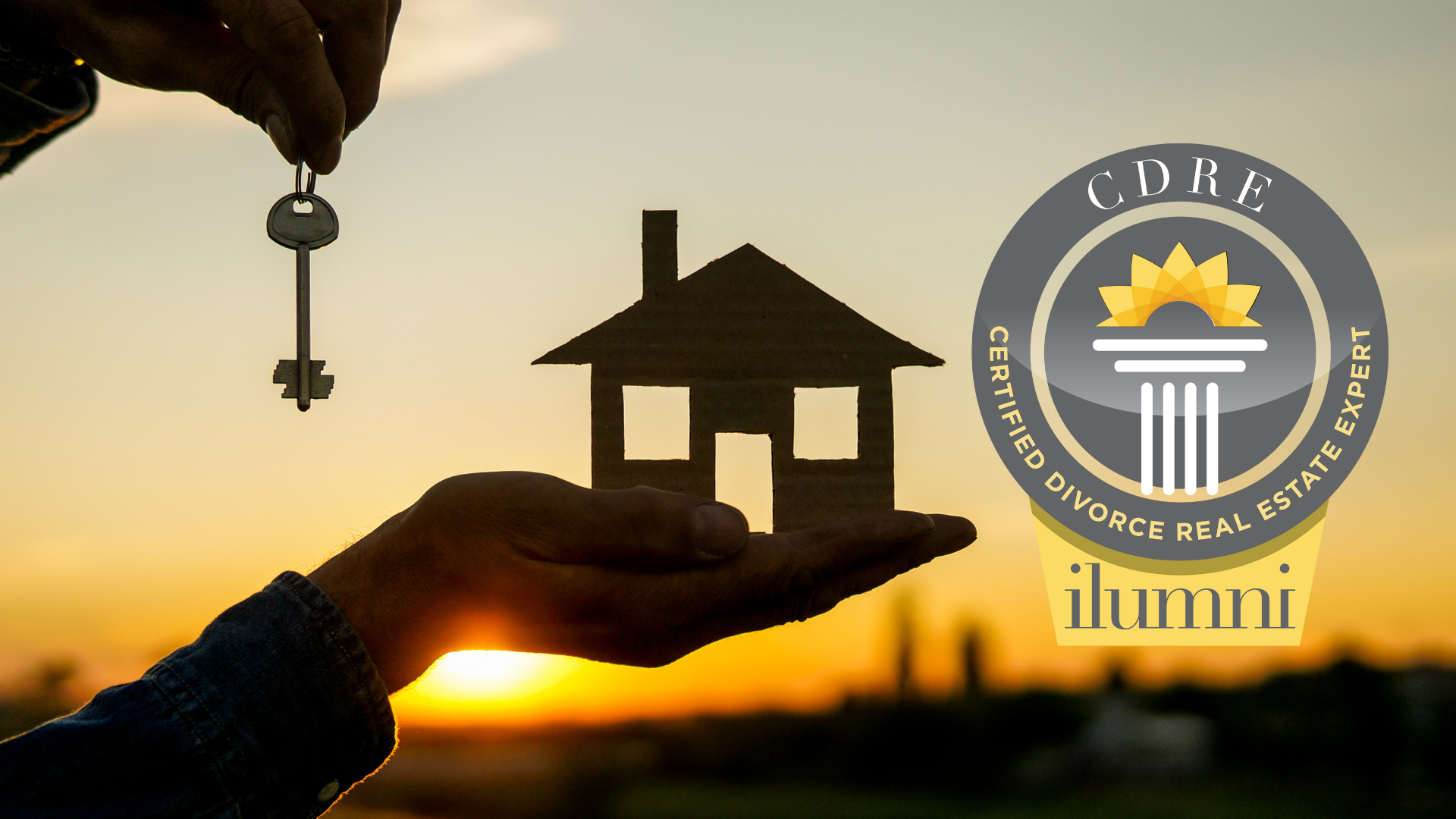A second mortgage is a loan that uses your home as collateral, much like the primary mortgage you received when you bought your house. People who apply for secondary loans typically use the money for a child’s education or to pay off credit card debt.

Home improvements are another reason to get a second mortgage, because the money will hopefully increase the value of the property. For those who don’t have a large down payment, avoiding private mortgage insurance is possible with a second mortgage. If you qualify for a “piggyback” loan, the second mortgage dollars apply to the loan-to-value ratio of the first mortgage. Boosting your ratio to 80 percent or higher eliminates the need for PMI.
There are some caveats, though. Want to refinance in the future? Then a second mortgage now may not be advisable, because the additional debt adds another layer of paperwork and complications to the refinancing process.
Property that is in danger of a short sale is another scenario that suggests avoiding going the second mortgage route. Again, complications arise when applying for approval from the bank for a short sale of your home.
What does a second mortgage look like?
Second mortgages tend to appear in these forms:
- Home equity loans, which are lump-sum payouts from the bank to you. You’ll arrange the delivery and payback terms during the loan process. Conditions typically include repaying the loan gradually over time, often with fixed interest rates and monthly payments.
- A home equity line of credit, which usually comes with a maximum borrowing limit, depending on the amount of equity in your home. Similar to the revolving credit line of a credit card, you can pay off the balance and borrow again.
Home equity determines whether you qualify, so if your house’s value is on the rise, you’re in good shape to borrow against the appraised worth.
If you cannot continue making payments, the lender can foreclose on your home, however. So work to pay off this debt with the same determination as you would a high-interest credit card.
Get the details when seeking ancillary debt
Similar to when you obtained your original mortgage, you’ll have to endure credit checks, appraisals and, possibly, origination fees in order to secure a second mortgage.
While second mortgage interest rates are usually lower than those associated with credit cards, they can be higher than your fixed interest on the mortgage loan. Credit scores play a role in determining risk, so make sure yours is as high as possible.
Ask about any balloon payments that might be hiding in the details, insurance that might duplicate coverage, minimum draw amounts or prepayment penalties that prevent you from paying off your second mortgage debt early.
A mortgage broker will be able to point out the pros and cons of a second mortgage by doing an analysis that reflects your individual circumstances. Always consult a qualified financial professional before diving into the process. And be sure to ask about any tax savings that may come with a second mortgage.


